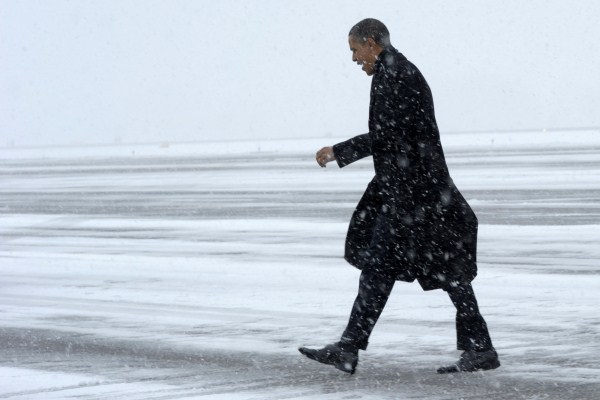Editor’s note: Due to travel, Richard Gowan’s column will appear Wednesday this week. Nikolas Gvosdev’s column will appear Monday.
How three presidents—Barack Obama, Xi Jinping, and Vladimir Putin—and one institution—the European Union—grapple with and navigate the political challenges they will face this winter will have a profound impact in shaping global politics in the years to come. The decisions that are taken, or deferred, will determine whether current assumptions about the international order are reconfirmed or discarded.
Those assumptions include the belief that most countries, including the rising and resurgent powers, still prioritize their relationships with Washington over bonding together to actively displace the United States from its position in the international system; the belief that the U.S. still retains sufficient heft to be able to shape regional economic and security orders, especially in East Asia; the belief that rivalries and mistrust among the rising powers will prevent them from coalescing into an effective counterweight to the Euro-Atlantic coalition, now presumed to be re-energized and united as a result of the crisis in Ukraine; and the belief that the EU will maintain its ability to engage its “wider neighborhood” both in Eurasia and the greater Middle East.

